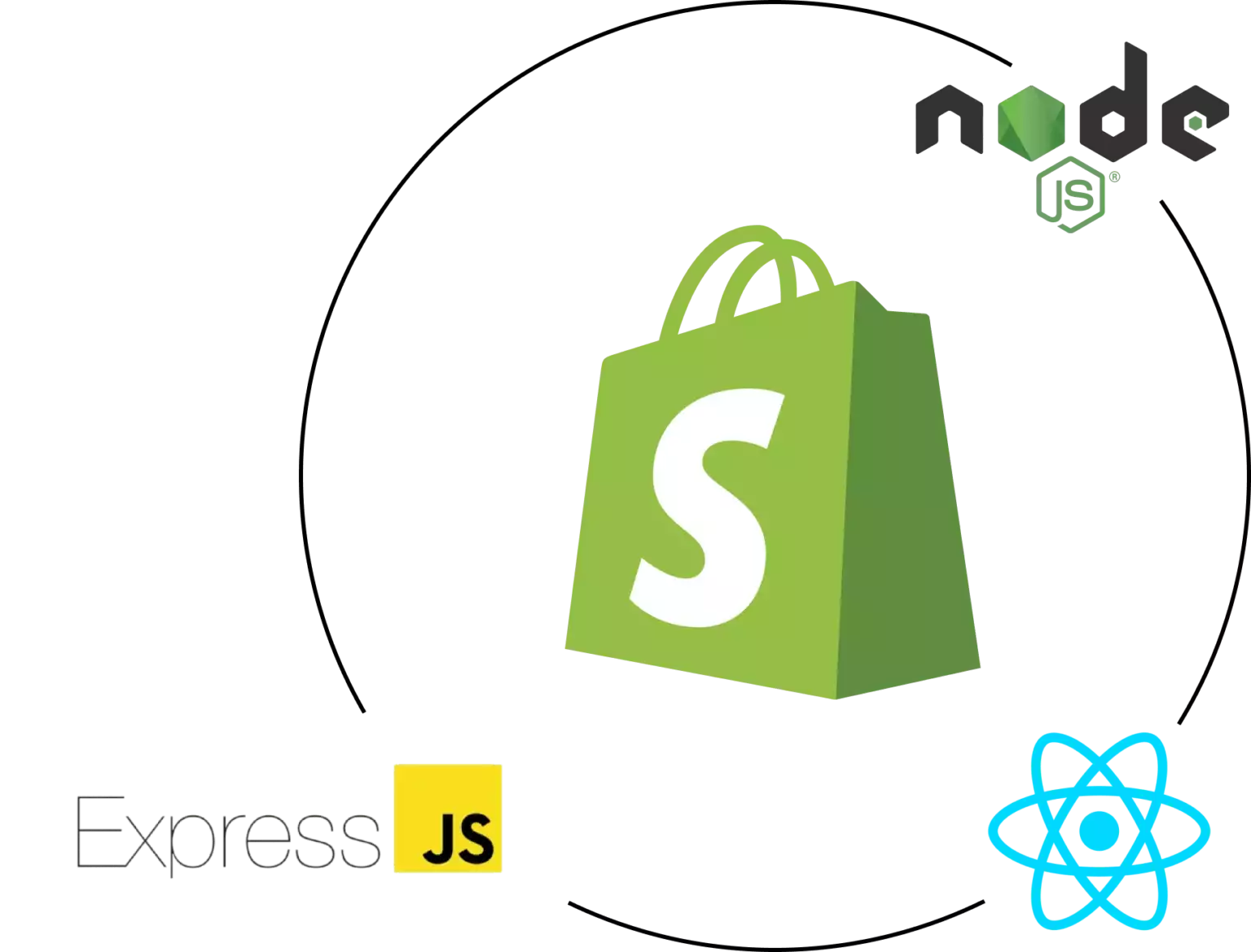Introduction
In today’s competitive e-commerce environment, differentiating is essential, and one of the best ways to differentiate a Shopify store is through custom app development. A well-built Shopify app can boost store functionality, streamline operations, and elevate customer interaction. This article explores key elements of Shopify app development, covering API integration and app ecosystem to growth techniques and digital marketing approaches, providing a roadmap for companies seeking unmatched store performance.
The Importance of Shopify API Integration
Shopify’s API provides powerful tools to customize and extend store functionalities. With the GraphQL and REST API options, developers can retrieve information to create apps that manage inventory management, order processing, and customer data management seamlessly. Using Shopify’s API can enable improved workflow automation and allows stores to assist shoppers more efficiently.
Utilizing the Polaris Design System
Polaris is Shopify's design system for designing intuitive and easy-to-use Shopify apps. By adhering to Polaris principles, developers ensure that apps integrate smoothly within the Shopify Admin interface. This provides a cohesive look and feel that resonates with Shopify merchants, promoting usability and comfort for merchants utilizing your tailored app.
Navigating the Shopify App Ecosystem
The Shopify app ecosystem offers endless possibilities for improving e-commerce sites. From handling order fulfillment to boosting customer interaction, apps in this environment are tailored to meet various business needs. Learning about this ecosystem helps developers in finding unique app ideas and allows for smooth connections of third-party services that enhance the store.
Developing Embedded Shopify Apps
Embedded apps work seamlessly within the Shopify Admin, providing a smooth interface for merchants. They allow merchants don’t have to leave their Shopify control panel, streamlining their workflow. Using Shopify App Bridge and embedded app capabilities is recommended for providing a Professional Shopify app solutions unified, integrated user experience.
Using Node.js and React for Shopify Apps
Node.js and React have become top options for Shopify app development. This server-side framework enables high-performance back-end services, while React allows for dynamic, responsive front-end design. Combined, they provide an strong platform for creating speedy, scalable Shopify apps that improve store performance and customer engagement.
Utilizing Webhooks in Shopify Development
Webhooks allow real-time data updates between Shopify and an outside application. They initiate events such as order creation or inventory updates and send instant alerts to your app. By implementing webhooks, apps can provide up-to-date insights for store owners, streamlining workflows and increasing efficiency.
Customer Engagement and Digital Marketing for Shopify Apps
To make a Shopify app successful, connecting with users is crucial. Using digital marketing strategies like SEO, email marketing, and social media campaigns can drive app adoption. Additionally, creating applications with customer interaction as a focus (e.g., loyalty programs or personalized recommendations) increases user loyalty and satisfaction.
Scaling Your Shopify App
As e-commerce stores expand, so do their technological needs. Making sure that your app can manage higher usage, larger databases, and more advanced functionalities is essential. By optimizing server capacity and implementing scalable technologies, you can create apps that expand in parallel to a store’s success.
Important Features and Maintenance Tips for Shopify Apps
For an app to be useful, it should include essential features like user login, analytics dashboard, and support channels. Ongoing app maintenance, with updates to fix bugs and compatibility checks with new Shopify features, is Oyecommerz custom Shopify app important to ensure uninterrupted performance and avoid interruptions to merchant workflows.
Conclusion
Custom Shopify app development holds vast potential for e-commerce stores, providing the chance to enhance store functionality, simplify operations, and foster customer loyalty. From integrating APIs to focusing on scalability and customer engagement, building a Shopify app requires careful planning and strategic execution. If you’re ready to unlock your store’s full potential, a custom Shopify app may be the ideal choice. What features do you envision for your dream application? Share your thoughts and begin the journey to an optimized e-commerce experience!
